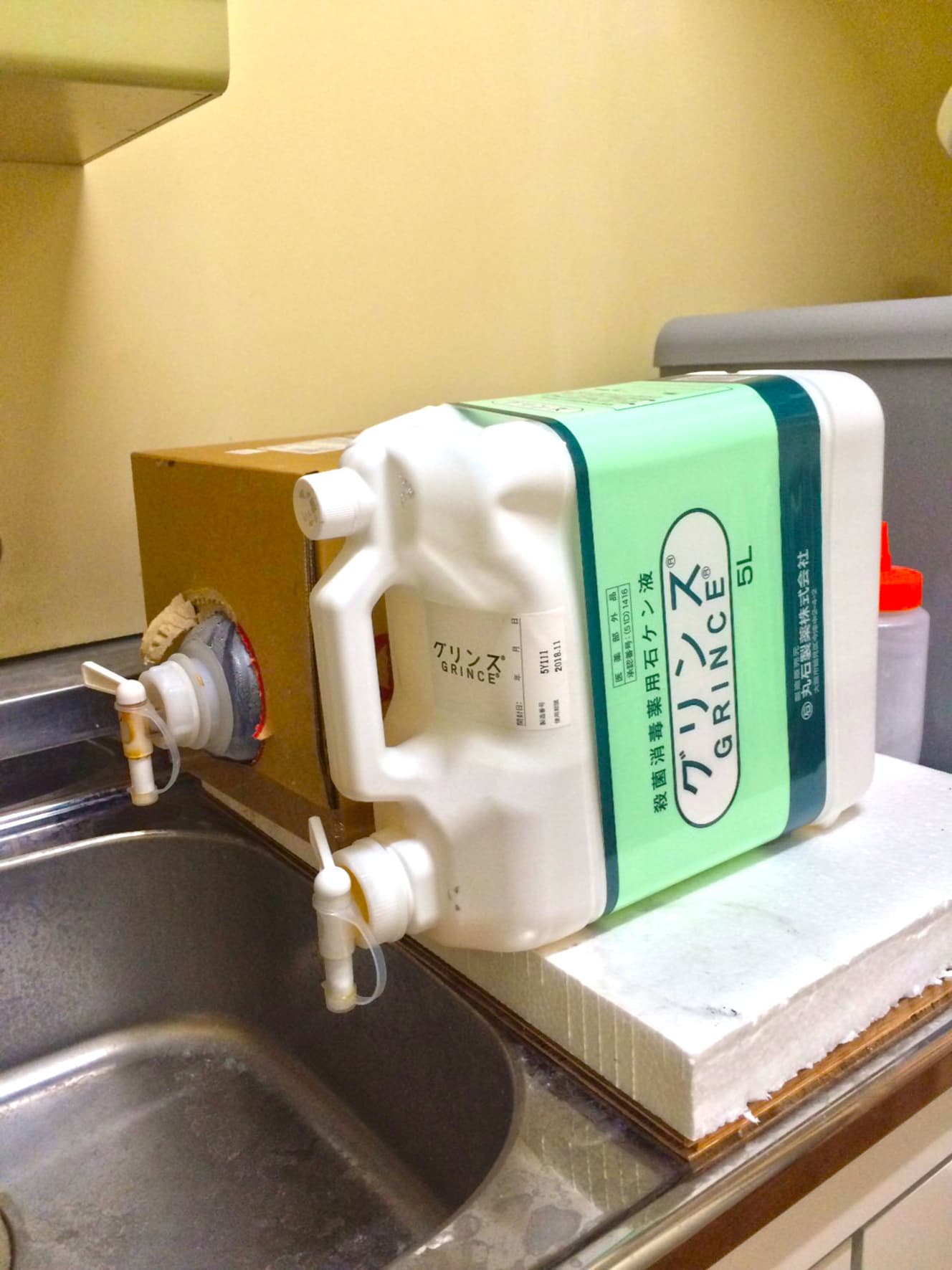Syphilis Infections Increase Dramatically! Soapland Owner Speaks of Surprising Effects “Caused by COVID-19 Crisis and Foreign Customers”.

Syphilis is rapidly increasing in Japan. What on earth is happening in the world of sex in Japan? Based on the voices of people working in the sex industry, we would like to consider the following questions [ Part 1: The Surprising Background of the Dramatic Increase in the Number of Syphilis Infections].
Why has the number of new syphilis cases increased so rapidly in 2022? A man who manages three soapland establishments in the Tokyo metropolitan area said, “The cause is the new strain of corona.
The cause is the new corona. The new strain of corona has changed the way the sex industry works from the very roots up until now. The service of the stores, the demands of the customers, the quality of the girls, everything. The situation became unthinkable a while ago. If you think about it, all of these changes have contributed to an increase in syphilis.
What changes have occurred in the sex industry as a result of the spread of the new corona infection?
One trend since the spring of 2020 has been the increased rate of sex workers engaging in private prostitution.
When the state of emergency was declared, storefront soaplands closed store en masse. Because soaplands operate legally and are closely monitored, they are reluctant to go against the “higher-ups.
Background of the girls’ initiation into private prostitution

However, the girls working in the stores are paid on a full commission basis. If the store is closed, they will be deprived of their income. However, they cannot ask the government for support because they are in a profession that they cannot openly talk about, and they have not been paying taxes properly.
So, the women tried to survive on their own. They contacted regular customers who had been coming to their establishments and met with them privately outside their establishments, or used matching apps on their smart phones. Women who had previously worked in the limited stores of soaplands began to engage in prostitution outside, as if they were released into the wild.
Furthermore, a major change has also occurred at the soaplands. Most of the establishments reopened for business by the summer of 2020, but the quality of the clientele changed dramatically from that time. The number of people indifferent to infectious diseases increased.
During the COVID-19 crisis, the people who visited soaplands were those who did not even care about sexually transmitted diseases, let alone the new COVID-19 crisis. People who are afraid of getting sick will stop coming to play, and the percentage of those who do not will increase. The store will then have to adapt its services to the latter group of people.
The manager of the restaurant stated, “Customers will stop caring so much about their illnesses.
The manager of the shop said, “Customers don’t care so much about diseases anymore. So the demand for no-skin (no condom) has increased dramatically. Maybe it was because they got used to no-skin private prostitution.
In any case, since only no-skin stores were attracting customers, the stores that had not been doing so had no choice but to switch to no-skin. Without noskin, the stores would not be able to do business. This is a natural situation, but sexually transmitted diseases will spread.

Not only did the recession increase the number of prostitutes and intensify competition, but when many of the few customers began to demand no-skin, the women were forced to accept the demand, albeit reluctantly. This caused the no-skin wave to fall like dominoes.
The manager of a soapland in Yoshiwara, who appeared in Part I, said, “Yoshiwara is also experiencing a no-skin boom.
No-skin boom is happening in Yoshiwara, too. If you don’t have no-skin, your store will go out of business. But this will only spread syphilis. There are so many potential syphilis sufferers in the area, and now with no-skin and private prostitution, there’s no way the infection won’t spread.
Syphilis has been slowly spreading under the surface of the soapland industry until now. The no-skin boom and the increase in private prostitution have allowed the spread of syphilis.
This is evident from the breakdown of infected persons. According to statistics released by the government, the most common age groups among those infected with syphilis are men aged 30 to 34 and women aged 20 to 24. In terms of numbers, men are about twice as numerous as women. The manager analyzes this as follows: “There is a 10-year age difference between men and women.
The difference of 10 years between men and women is usually due to infection in the sex industry. Generally speaking, the age difference between lovers is not this great, and the infection rate for girls in their early twenties, who have little experience, would not be so high. And if you consider that girls are having sex with numerous men through prostitution and spreading the infection, it’s only natural that more men would be infected.”
So what will happen in the future? According to them, there is no doubt that the number will increase further.
“If the number of foreign guests quadruples, ……

In the current soapland industry, they say it is impossible to stop the no-skin trend. Furthermore, the new corona has increased the number of women prostituting themselves, and more and more are turning to private prostitution. With this in mind, it is inevitable that syphilis will spread further, they say.
A manager in Yoshiwara said.
The epicenter of sexually transmitted diseases has always been prostitution. If we don’t stop it there, we won’t be able to stop the spread of infection. If you ask me how to reduce the number of no-skins, I think it is to increase the number of foreign customers by three or four times.
Girls are willing to serve Japanese customers without any skin, but in many cases, they are not willing to serve foreigners without skin. If that is the case, if 70 to 80% of the customers become foreigners, skin-on service will become the standard. If that happens, it would curb infection a little.”
This may seem too extreme an opinion, but it is probably what they feel on the spot.
This article is an examination of the increase in syphilis from the “point of view” of soapland operators. We do not believe that this is all of the syphilis infections in Japan, and there are many other factors that could be considered.
However, as mentioned earlier, it is highly likely that various sexually transmitted diseases are spread from the prostitution industry. In that light, the world as seen by those who know the scene well is certainly indicative of some of the facts.
Interview, text, and photography: Kota Ishii
Born in Tokyo in 1977. Nonfiction writer. He has reported and written about culture, history, and medicine in Japan and abroad. His books include "Absolute Poverty," "The Body," "The House of 'Demons'," "43 Killing Intent," "Let's Talk about Real Poverty," "Social Map of Disparity and Division," and "Reporto: Who Kills the Japanese Language?